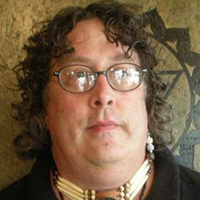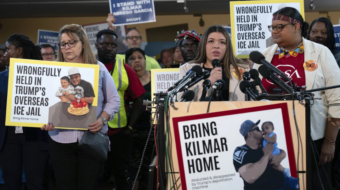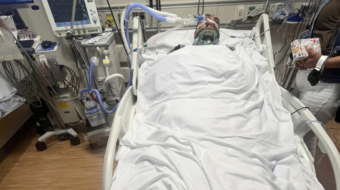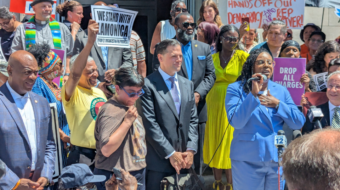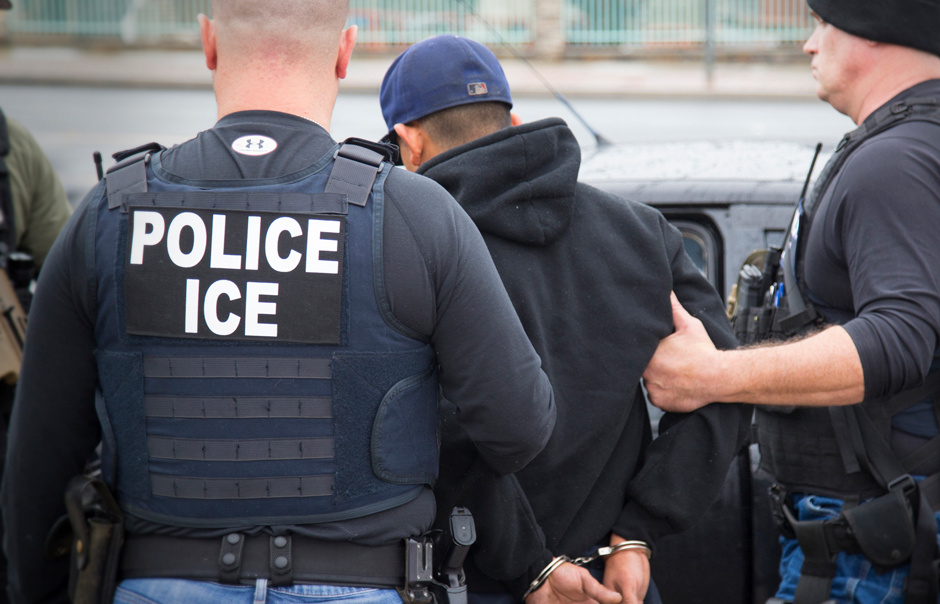
Any grassroots organization can bring immediate positive change to their local community. Especially with ICE raids and police abuses, knowing how and why to film is important. Video can bring down impunity. Grassroots filming can add pressure for democracy in any community.
WITNESS held a webinar with the Immigrant Defense Project (IDP) on the rights and importance in filming ICE raids. These two groups hosted organizers from Make the Road New York, National Day Laborer Organizing Network (NDLON), Equality for Flatbush, and Black Alliance for Just Immigration (BAJI) back on July 18th for the second webinar in their series #EyesOnICE: Community Responses and Organizing Tactics. You can view the training here.
These groups are documenting and organizing around encounters with Immigration and Customs Enforcement (ICE), and shared their approaches, challenges, and vision for a way forward. As ICE expands the deportation system and priorities for deportation, communities and grassroots groups like these continue to lead the way—fighting back, challenging mainstream narratives, and documenting abuses.
David Abud, an organizer with National Day Laborer Organizing Network (NDLON), shared a video showing the positive work NDLON does. His campaign focused on the arrest of Romulo Avelica Gonzalez. You can hear the wailing of his 11-year-old daughter in the video. “Every time I watch this I cry,” Abud said. “We wanted to film so as to let folks know what really goes on with trauma and incarceration. It affects families every day. It shows how egregious ICE and the police really are.”
Imani Henry of Equality for Flatbush, works on anti-police repression, affordable housing and anti-gentrification in the Flatbush and East Flatbush communities of Brooklyn, N.Y. He spoke on the importance of a rapid response team. “We are the police accountability in our community,” Henry said. “The community is diverse with Caribbean, Latino, and Asians. We are an immigrant workers community. We know how many police murders take place. We try to work with immigrant issues and protecting their rights. Anti-gentrification is so prevalent.”
You can view their first webinar #EyesOnICE: Know Your Rights and Practical Tips for Documenting ICE here (also available in Spanish). Presentation slides from the webinar are also available to download and use in your own community work. WITNESS’ library also has many useful tools.
For general Know Your Rights information on encounters with ICE, check out IDP’s website (available in multiple languages) or this tip sheet for Filming ICE in English or Spanish.
Featured Organizations on the webinar:
Make the Road New York builds the power of Latino and working-class communities to achieve dignity and justice through organizing, policy innovation, transformative education, and survival services. Their model integrates multi-issue, multi-generational organizing—on workers’ rights, tenants’ rights, LGBTQ justice, youth power and policing, public schools and education justice, immigration justice, and climate—with an array of wraparound services that create a space of safety and support for entire families.
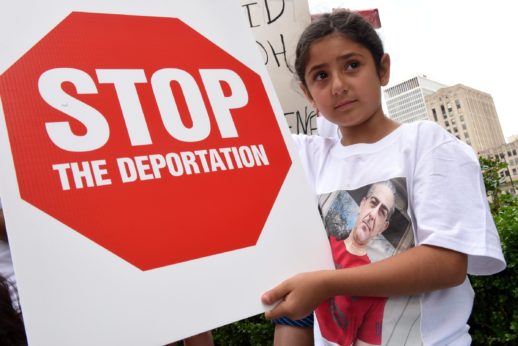
National Day Laborers Organizing Network (NDLON) improves the lives of day laborers in the United States. To this end, NDLON works to unify and strengthen its member organizations to be more strategic and effective in their efforts to develop leadership, mobilize and organize day laborers in order to protect and expand their civil, labor and human rights. NDLON fosters safer, more humane environments for day laborers, both men and women, to earn a living, contribute to society, and integrate into the community.
Equality for Flatbush is a people of color-led, multi-national grassroots organization which does anti-police repression, affordable housing and anti-gentrification organizing in the Flatbush and East Flatbush communities of Brooklyn, N.Y.
Black Alliance for Just Immigration (BAJI) educates and engages African-American and Black immigrant communities to organize and advocate for racial, social and economic justice. Local BAJI organizing committees in New York, Georgia, California and Arizona build coalitions and initiate campaigns among communities to push for racial justice. At the local and regional level, BAJI provides training and technical assistance to partner organizations to develop leadership skills, works with faith communities to harness their prophetic voice, and initiates vibrant dialogues with African Americans and black immigrants to discover more about race, our diverse identities, racism, migration and globalization. BAJI’s flagship project is the Black Immigration Network (BIN), a national alliance that brings together black-led organizations and programs to advance just immigration policies and promote cultural shifts our communities need. The BIN kinship provides a safe, communal space for diverse black communities to connect, engage and advocate for equality and justice for all.
We hope these tools will be useful in documenting and combating official and governmental abuse in your communities.


